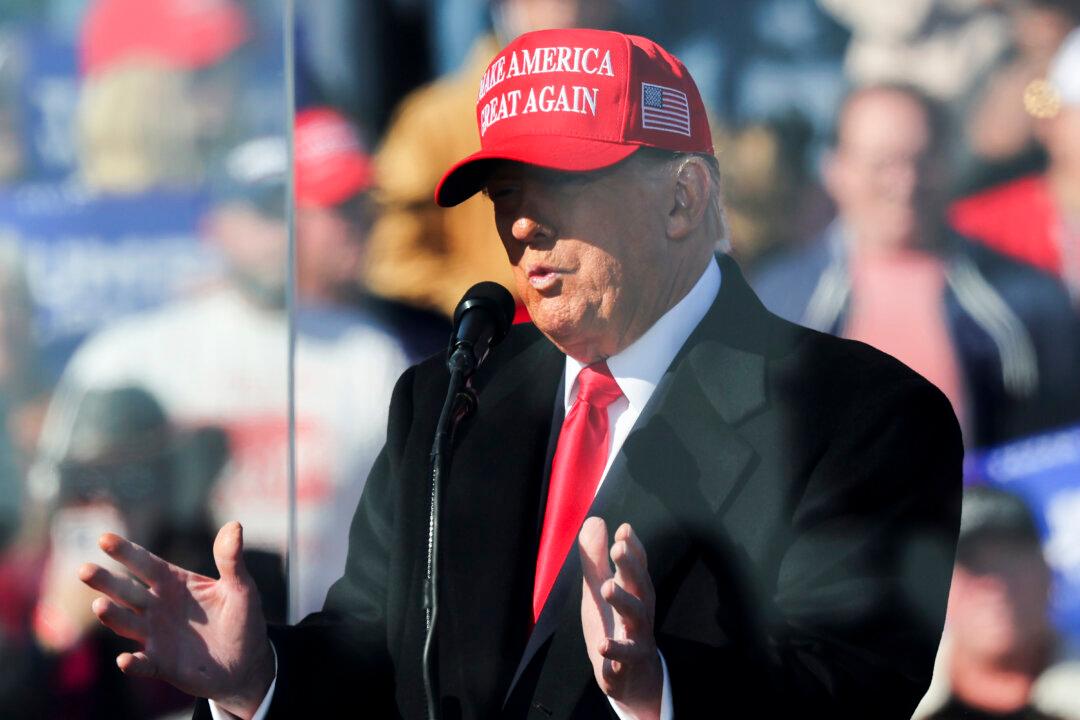President-elect Donald Trump has issued a warning to the European Union (EU), threatening to impose tariffs on the bloc unless it buys large enough quantities of American oil and gas to make up for its trade deficit with the United States.
Trump’s ultimatum, issued in a post on Truth Social on Dec. 20, is the president-elect’s latest effort to use the threat of tariffs to achieve policy objectives. In this case, Trump is targeting a trade imbalance between the EU and the United States, which was the subject of tensions during his first term.





